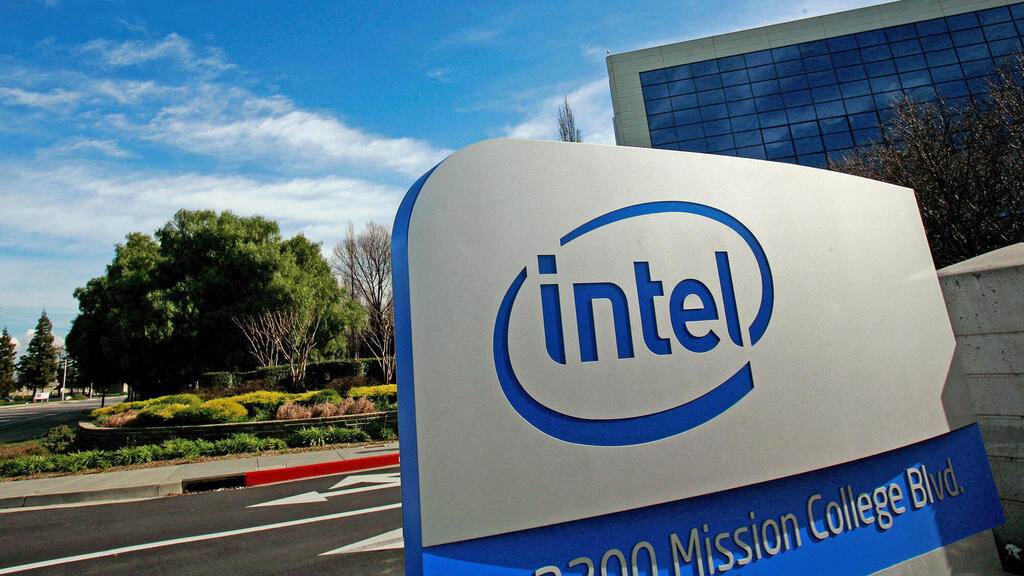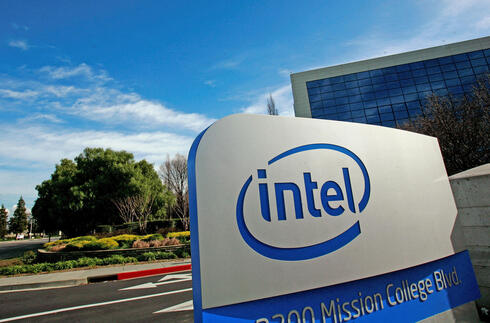
Intel’s breakup begins with sale of $8.75B-valued Altera to private equity giant Silver Lake
The deal with Silver Lake marks a major step in Intel’s plan to shed non-core assets and reinvent itself amid mounting competitive pressure.
Intel said on Monday it would sell a 51% stake in Altera to private equity firm Silver Lake, valuing the programmable chip unit at $8.75 billion.
After Altera, is Intel preparing to sell Mobileye?
The sale will provide Intel a cash boost as the chipmaker aggressively cuts costs to bolster its balance sheet, while it invests in a capital-intensive undertaking to become a contract manufacturer.
Since last year, Intel has taken steps to spin Altera out as a separate unit and said it planned to sell a portion of its stake.
Intel bought Altera for nearly $17 billion in 2015, when then CEO Brian Krzanich was focused on diversifying beyond the company's mainstay PC chip business.
The sale marks a pivotal moment in the unraveling of Intel’s decades-old business model as it contends with fierce global competition, internal disarray, and the need for urgent transformation.
The transaction is among the most significant private equity acquisitions in the semiconductor sector to date. For Intel, it represents a major step toward restructuring under new CEO Lip-Bu Tan, who made his first major public appearance earlier this month by signaling a clear departure from Intel’s legacy strategy. Tan told company insiders that Intel would spin off non-core businesses and shift focus toward bespoke chip design to better match the needs of its dwindling customer base.
This transformation is not simply financial—it is existential. Intel has faced a steady erosion of talent, technological leadership, and investor confidence. Its once-vaunted vertically integrated model, combining chip design and manufacturing, now appears outdated amid a global semiconductor race led by more nimble competitors like Taiwan’s TSMC and California-based Nvidia.
Related articles:
The sale of Altera, a unit whose integration into Intel’s broader portfolio was long considered underwhelming, suggests that even high-profile acquisitions are not safe under Tan’s mandate. The cash injection from Silver Lake, known for its deep investments in tech, could help Intel shore up its balance sheet while buying time to reorient itself around custom silicon, artificial intelligence, and advanced fabrication processes.
The divestment also reflects the intensifying interest of private equity in semiconductors—a market once considered too technical and slow-moving for Wall Street. In recent months, firms like Bain Capital and Francisco Partners reportedly circled Altera as well, with Silver Lake emerging as the winner.
This is not the first time Intel has considered spinning out Altera. Former CEO Pat Gelsinger, who stepped down amid mounting pressure, had signaled as early as last year that Intel was exploring an IPO for the unit. But with geopolitical uncertainty, declining revenues, and structural inefficiencies weighing heavily, a clean break via private sale now seems more expedient.
Reuters contributed to the article.
